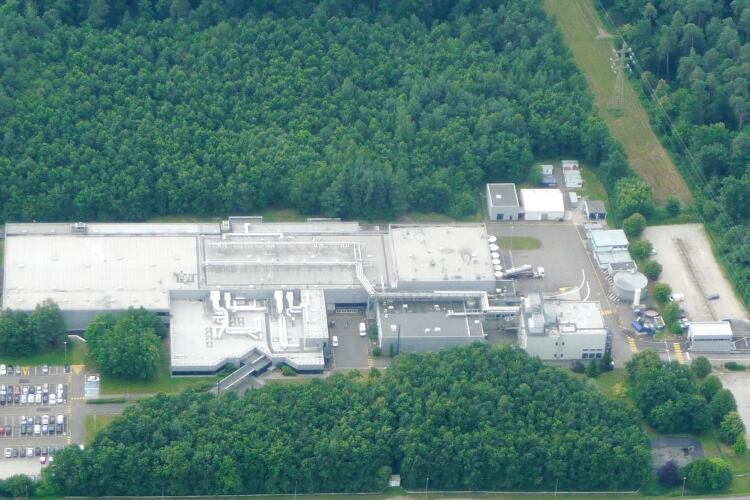The company said the plant’s ice cream production will be completely self-sufficient and free from the direct use of fossil fuels.
The electricity supplying the plant comes from 100% renewable energy (wind, hydro and solar), positioning the factory at the forefront of the Mars Group’s initiatives to achieve its global commitment to achieve carbon neutrality throughout its supply chain by 2050.
Florence Mouls, vice president supply at Mars Wrigley Europe, CIS & Turkey, said, “The world we want tomorrow hinges upon the responsibility of businesses to make changes today, which is why we’re pioneering projects such as the first 100% renewable energy factory in the Mars Group. This is a key milestone for both Mars Wrigley in Europe, and Mars, Incorporated as we continue to make steady progress towards achieving net zero throughout our value chain by 2050.”
The initiative was led by Mars Wrigley employees at the factory site, which involved the installation of an electric boiler to replace the existing gas version. The change will take effect this summer, putting an end to the direct use any fossil fuels at the site and saving 600 tons of CO2 per year.
The transition is part of the Sustainable In a Generation plan set up by Mars, Incorporated to achieve its goal of net zero emissions throughout its value chain by 2050. This includes all direct and indirect emissions in the value chain, including those created by suppliers.
In less than 10 years, the factory has reduced gas consumption by almost 50% due to energy recovery via a heat pump. The plant also reduced water consumption by 30% per tonne of ice cream produced and reduced power consumption thanks to the optimization of chocolate brewing time.

